04:07
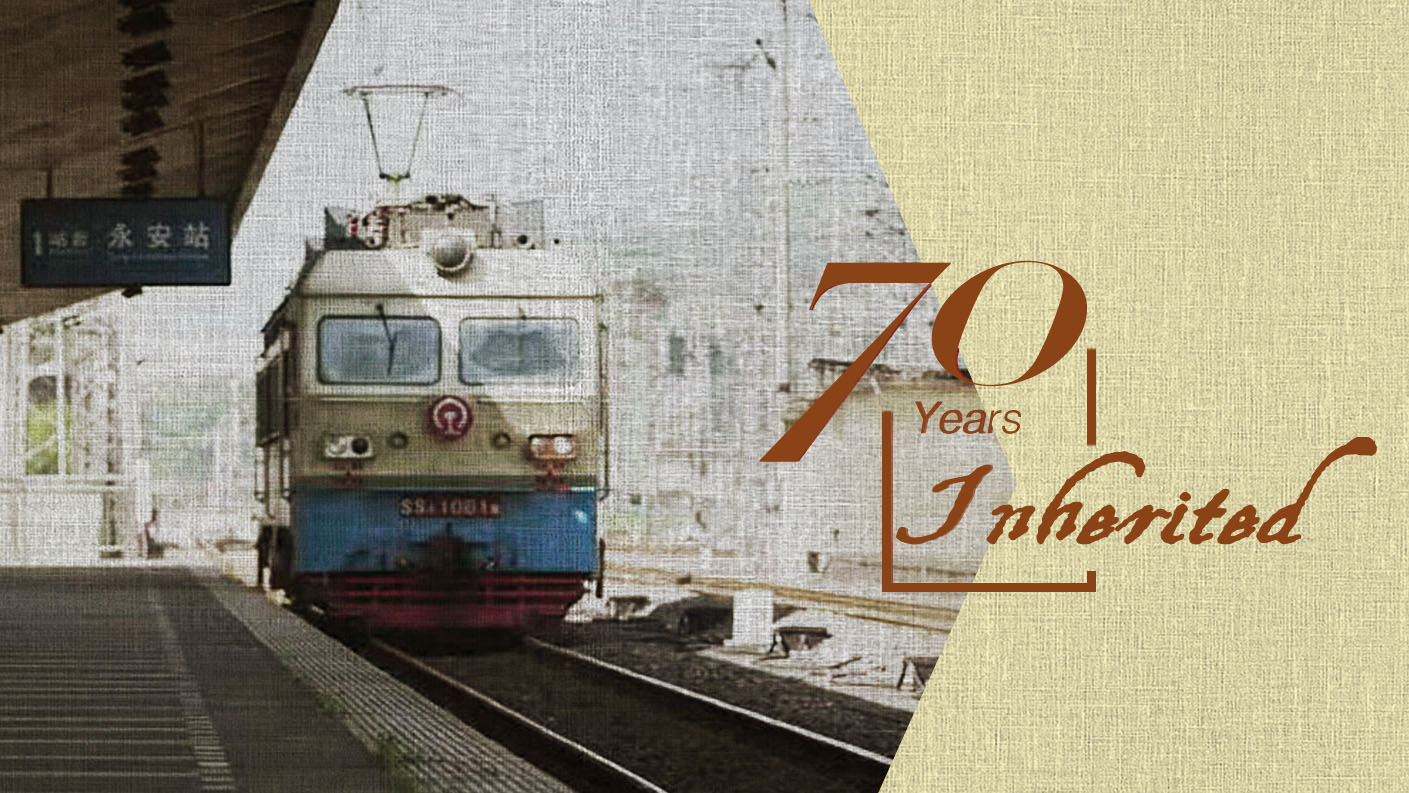
Lai Junchen, 30, is a diesel locomotive driver. He lives in Yong'an City, Fujian Province. Every day, he drives a train of coal to local power plants, and transports cement to Yong'an Railway Station.
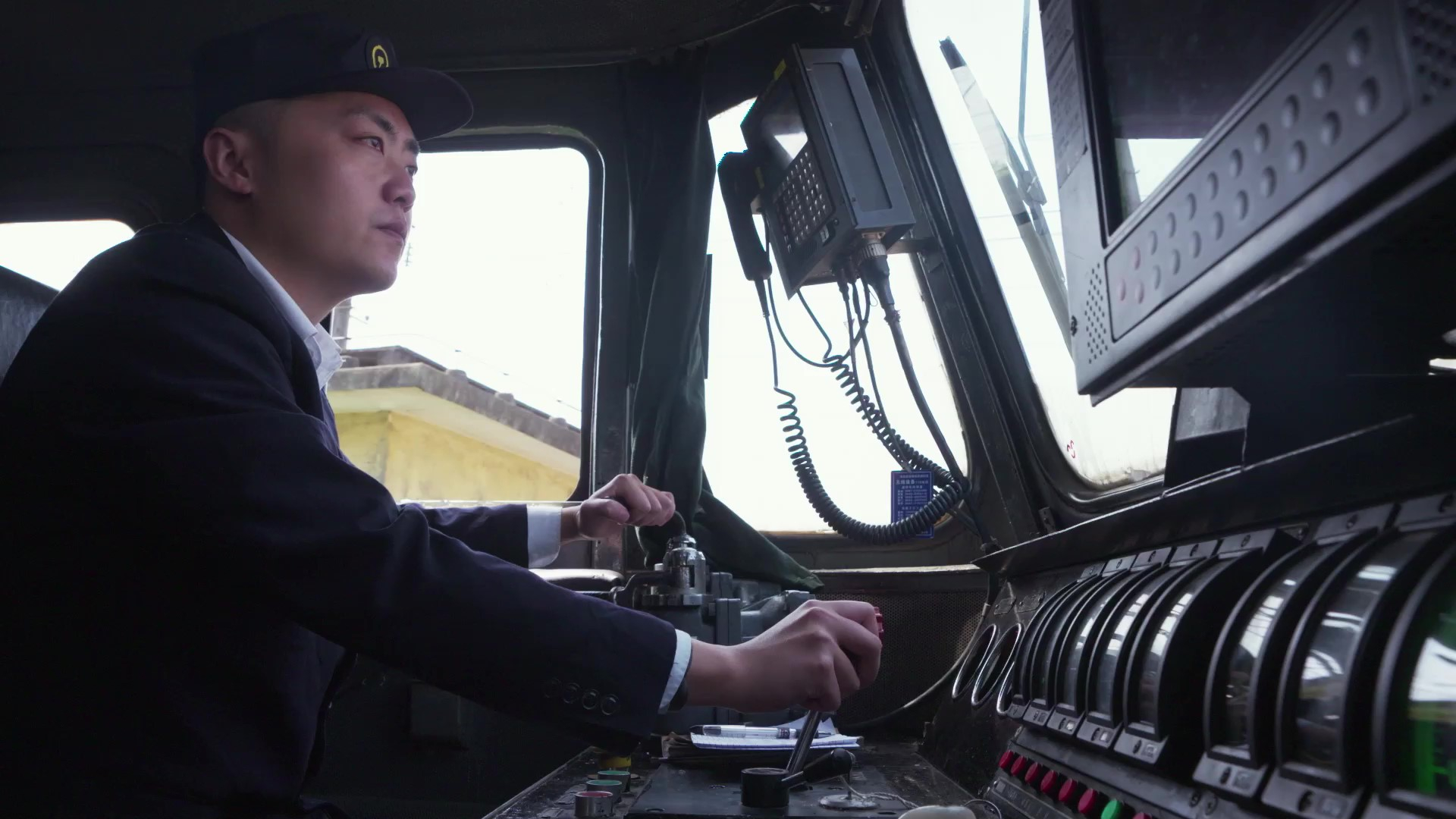
Lai Junchen, a diesel locomotive driver in Yong'an City. / CGTN Photo
Lai Junchen, a diesel locomotive driver in Yong'an City. / CGTN Photo
Train driving is hard work and carries great responsibility. For safety's sake, he always checks the wheel sets and brake shoes before he starts. He also needs to make sure there is enough fuel to power the train for eight hours.
Lai grew up by the tracks. Both his grandfather and father were train drivers. His grandfather, Lai Bingquan, drove the very first railway in Fujian Province. The construction of Yingtan-Xiamen Railway started in 1955, and the older Lai participated in the construction as one of the first drivers for the line. Forbidding terrains brought challenges to the construction, but Lai always fulfilled his responsibilities.
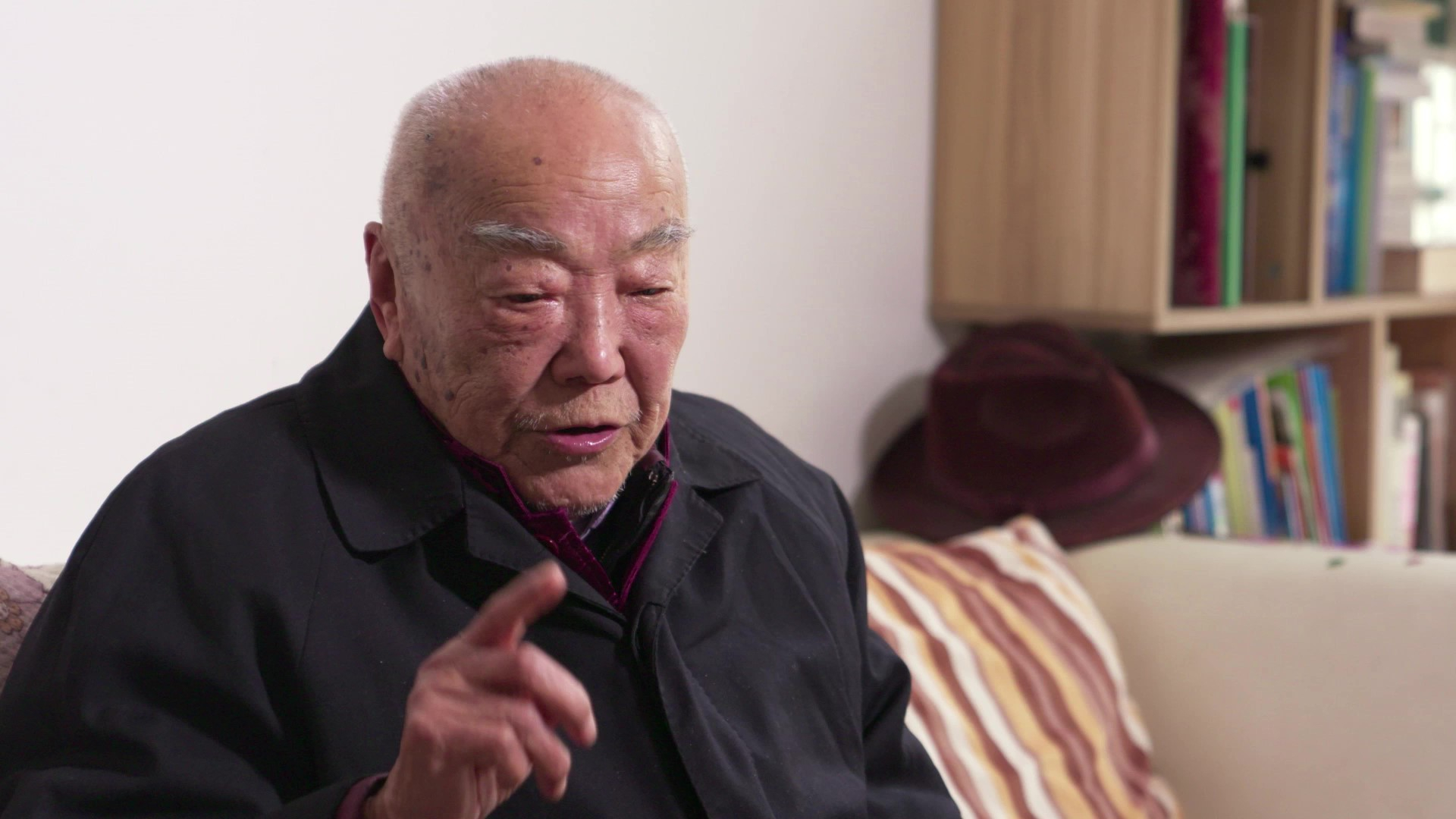
Lai Bingquan, Lai Junchen's grandfather. / CGTN Photo
Lai Bingquan, Lai Junchen's grandfather. / CGTN Photo
His grandfather drove the train for decades. After he retired, Lai Junchen's father, Lai Tonglin took over his position. It took Lai Tonglin eight years to become a train driver. He started as a trainee, and took the assistant driver test several years later. Even then, it took him another three years to qualify as a professional train driver.
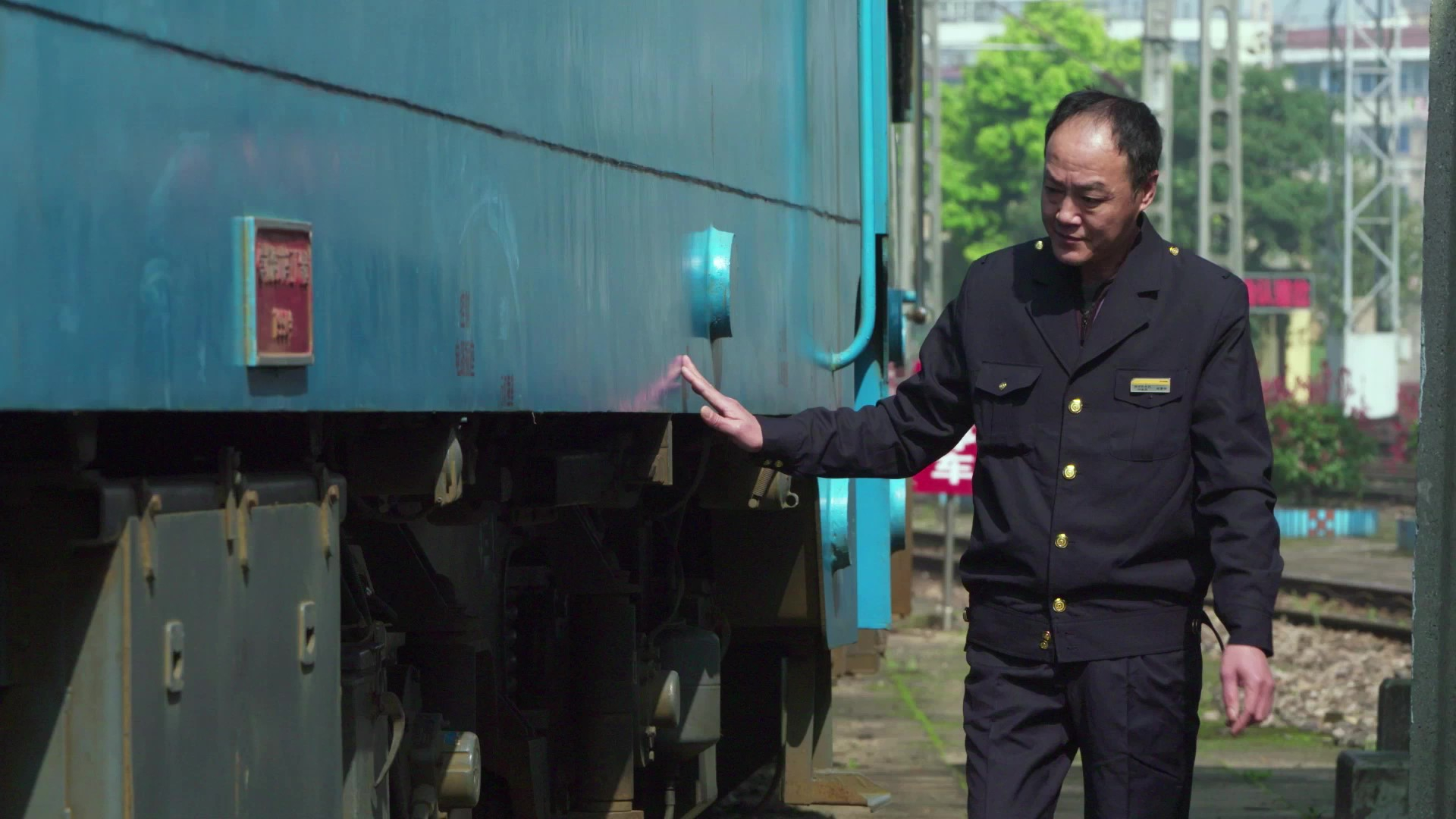
Lai Tonglin, Lai Junchen's father. / CGTN Photo
Lai Tonglin, Lai Junchen's father. / CGTN Photo
In Lai Junchen's childhood, his parents were mostly busy at work. His grandfather took care of him, and used to tell him stories of the train. His father would return home from work and give Lai Junchen toy trains as gifts. Influenced by his family, Lai Junchen dreamed of becoming a train driver.
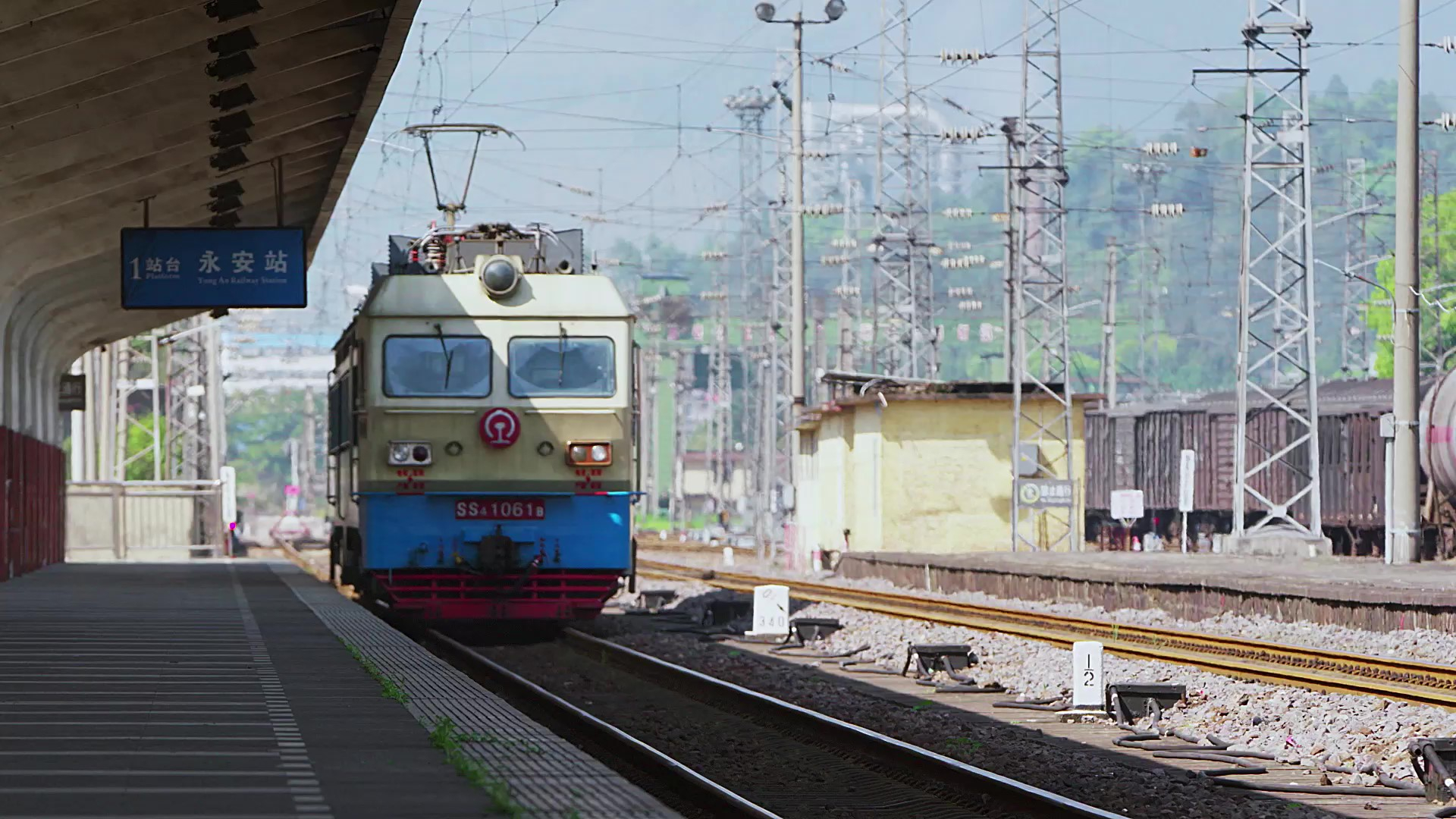
Yong'an Station. Three generations of the family have strived for this railway. / CGTN Photo
Yong'an Station. Three generations of the family have strived for this railway. / CGTN Photo
Fujian Province has nine inter-province railways now. From steam, diesel to electric locomotives, China's railway has developed rapidly due to technological advancements. Working conditions for train drivers have also improved.
With various machinery, Lai Junchen no longer has to breathe in coal dust like his grandfather did, and neither did he have to wait eight years for a driving license. The workload, however, remains heavy.
As a train driver, he hardly has time to be with his family, not even on New Year's Eve. But he is satisfied and proud of his work. In 70 years, three generations of this family have striven for China's railways. They are regarded as role models to railway workers.